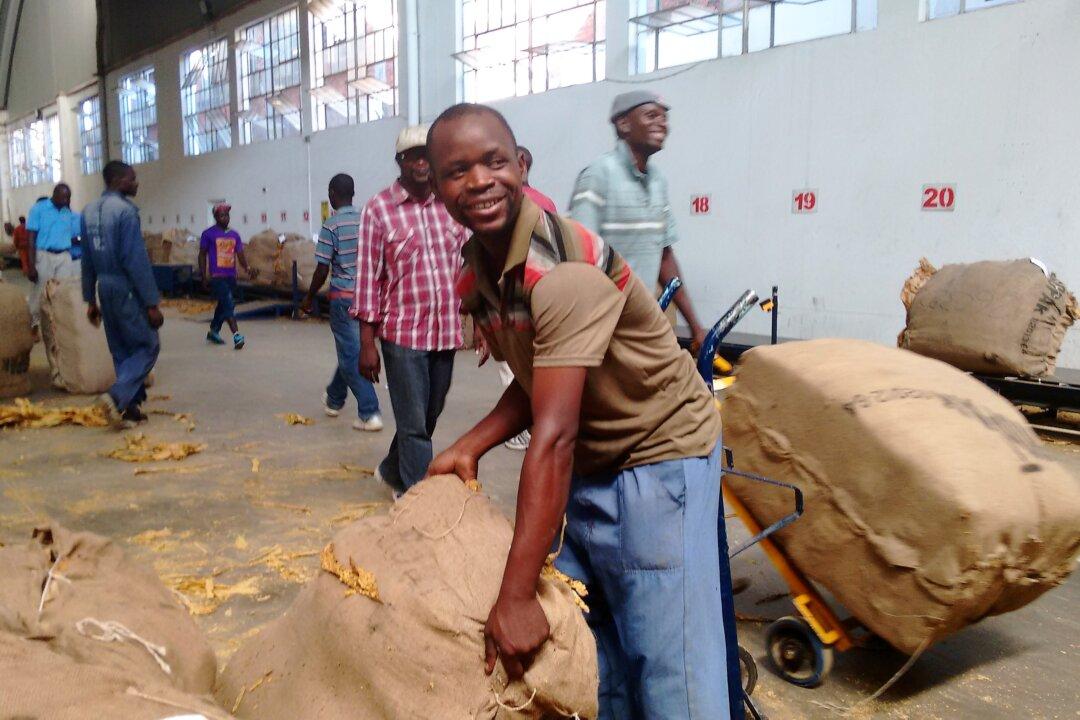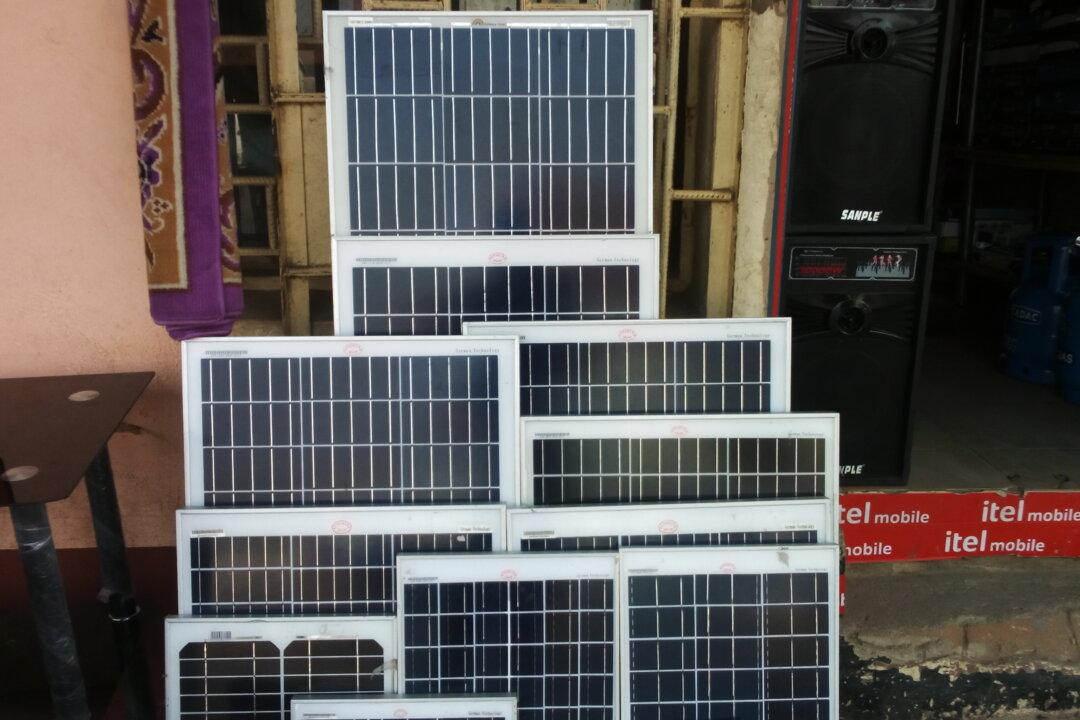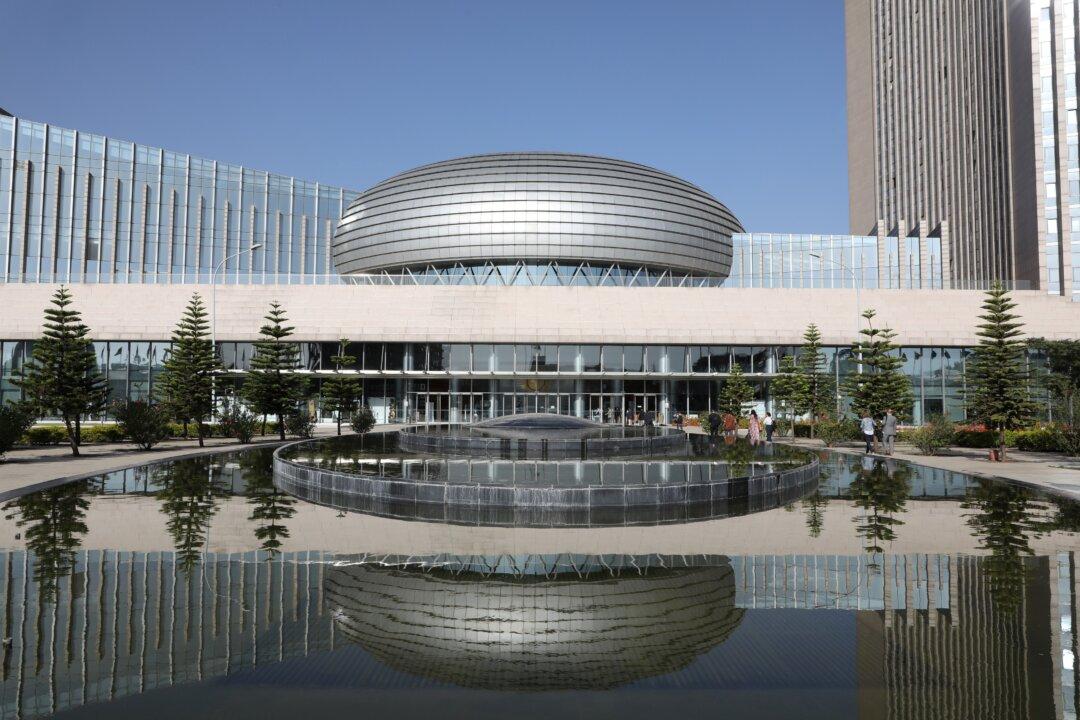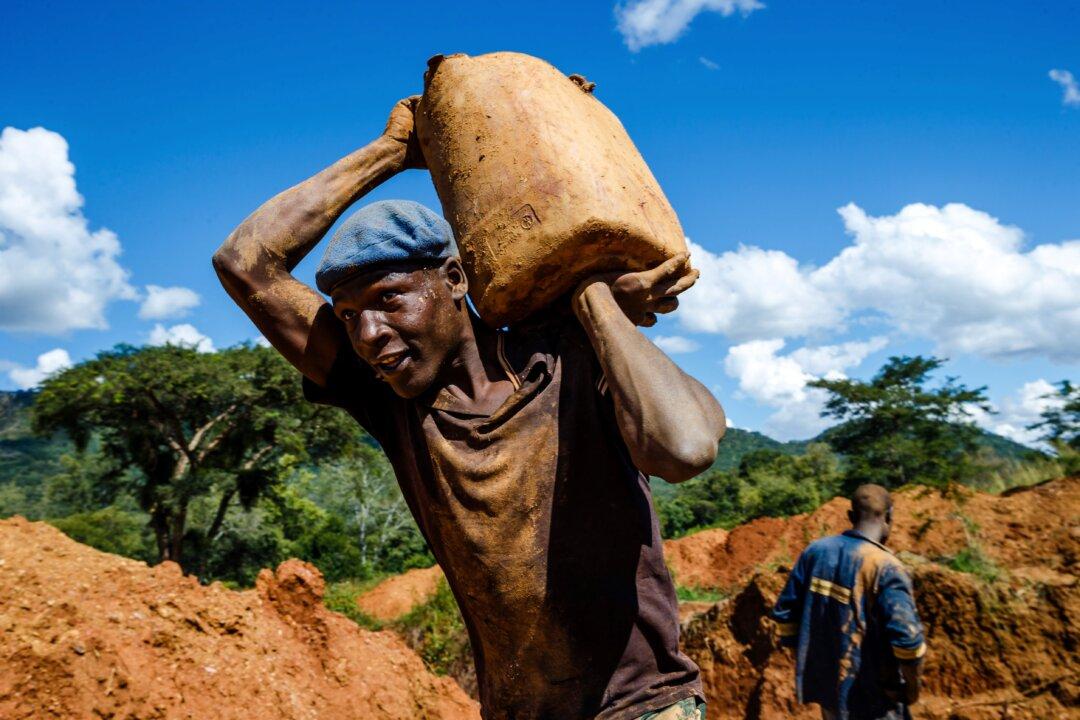MUTARE, Zimbabwe—Chinese investors are investing millions of dollars into the farming sector in Zimbabwe— particularly tobacco farming—sparking experts to warn of a new agro-imperialism by Beijing.
Zimbabwe’s then-President Robert Mugabe seized millions of hectares of prime agricultural fields from white commercial farmers under a controversial land reform program, which started in 2000, and distributed the land to the indigenous black people.





